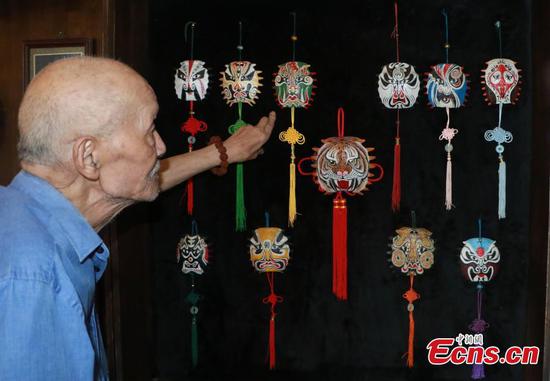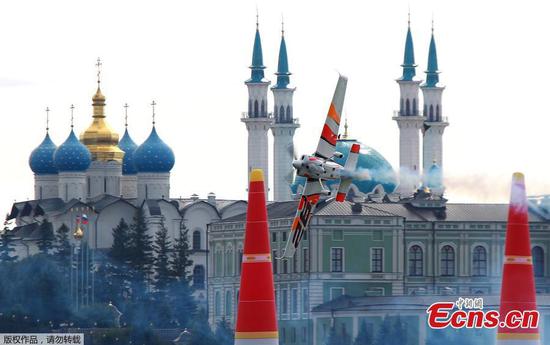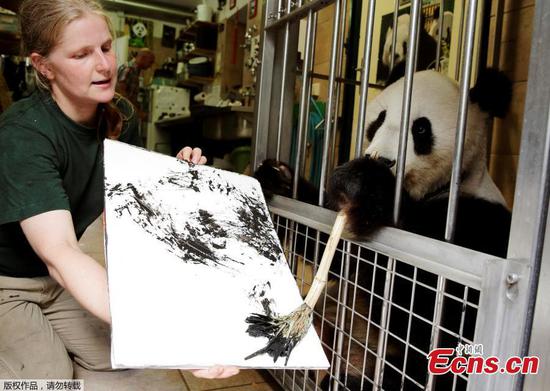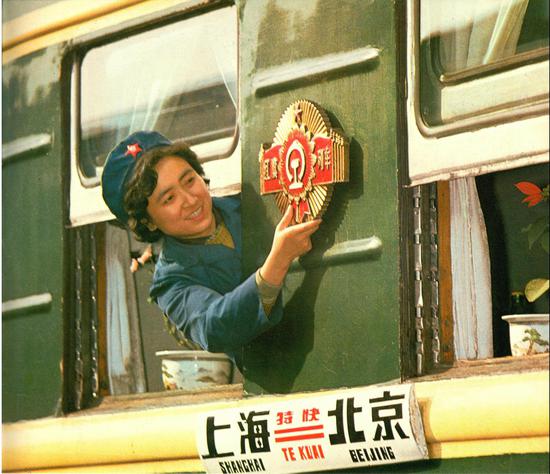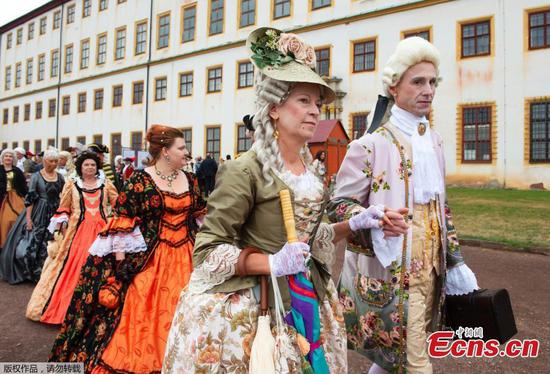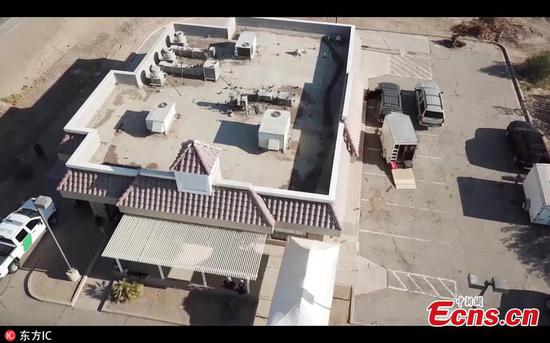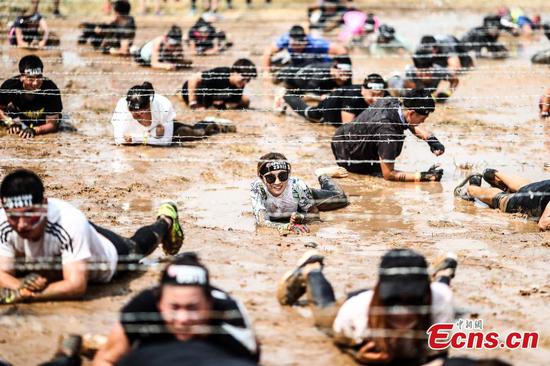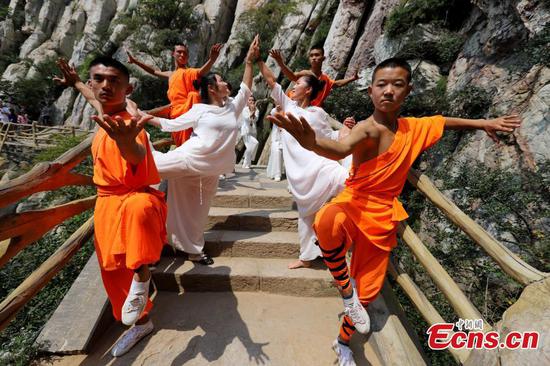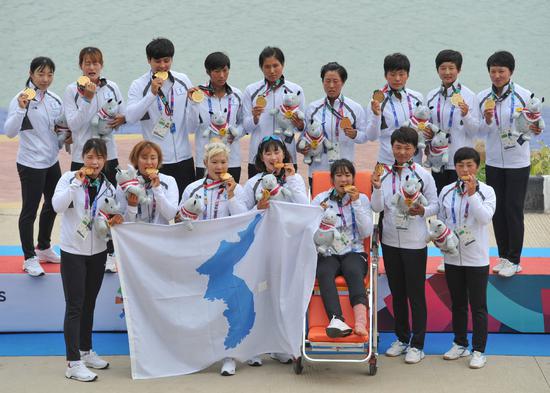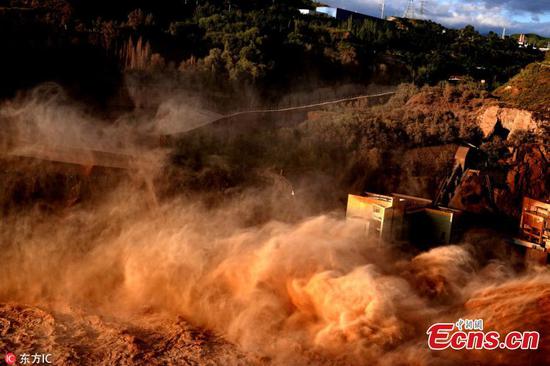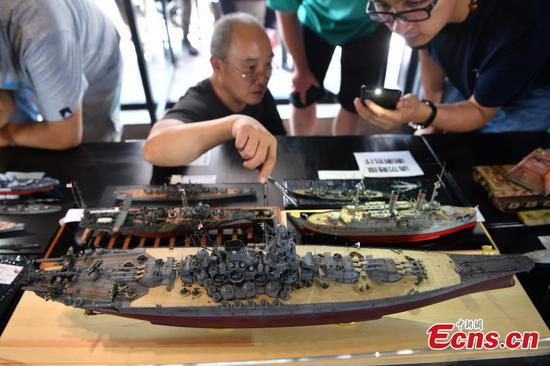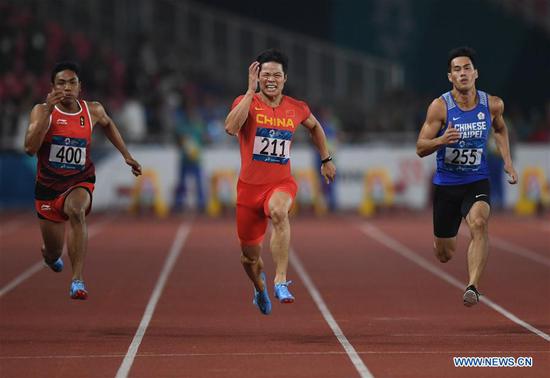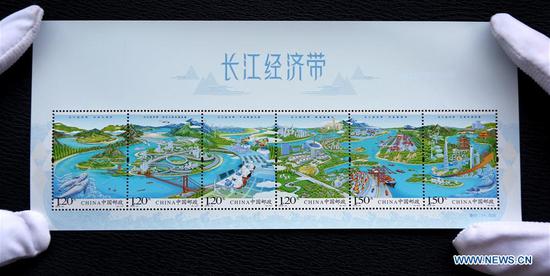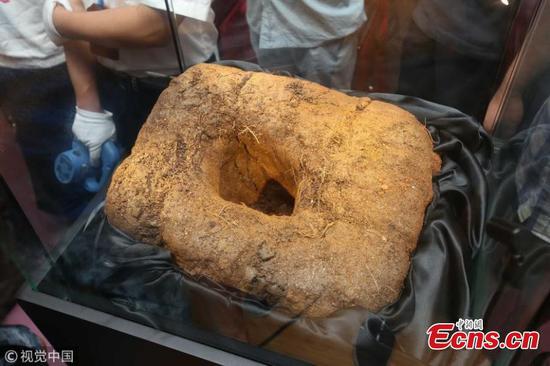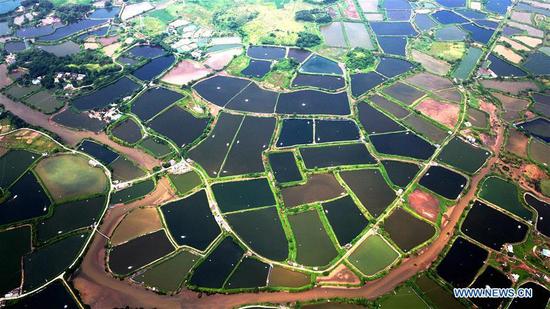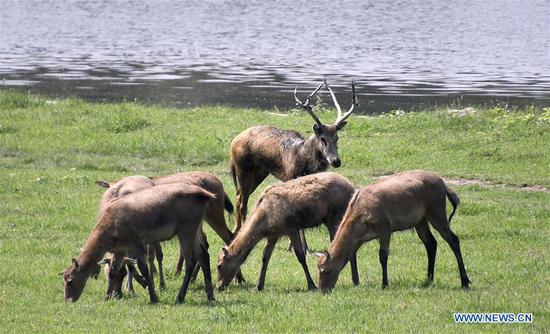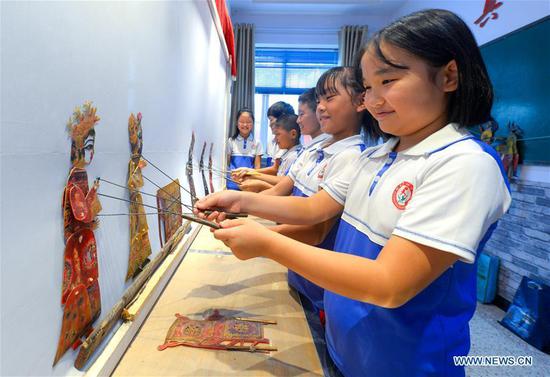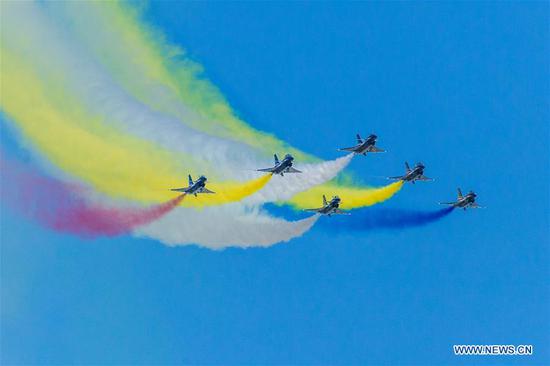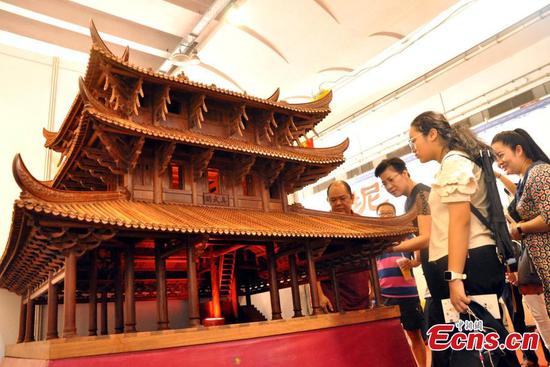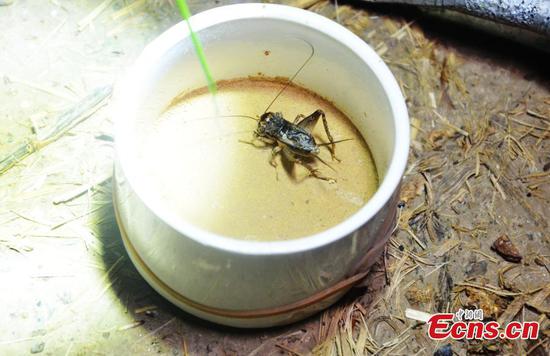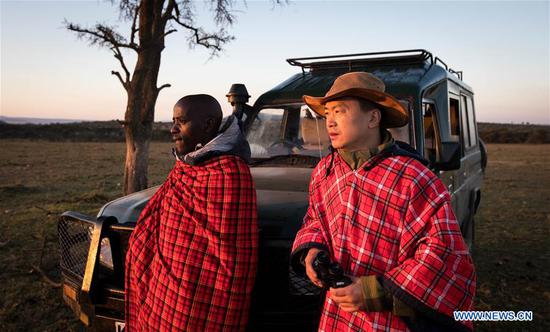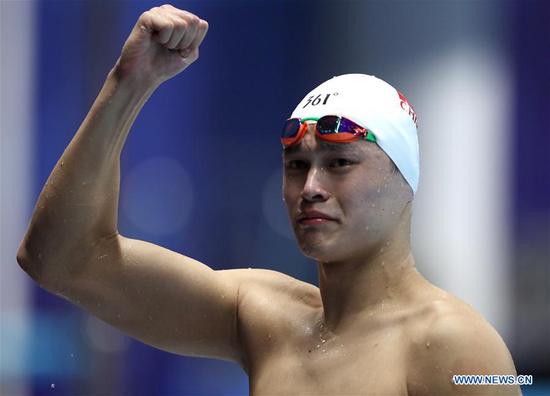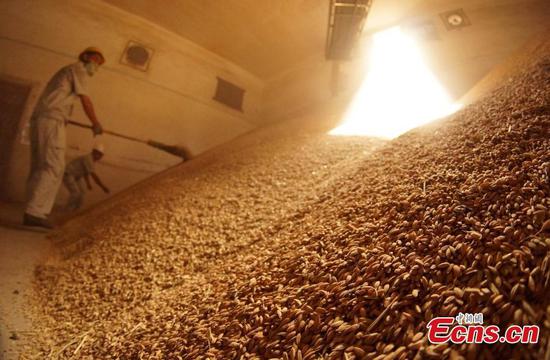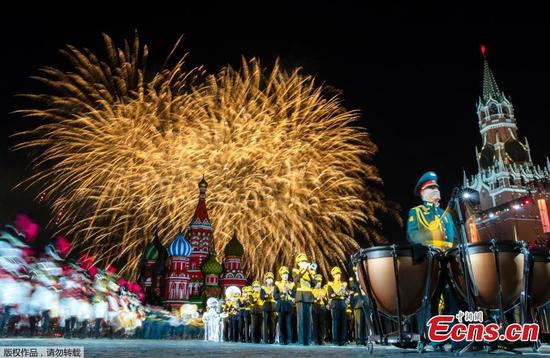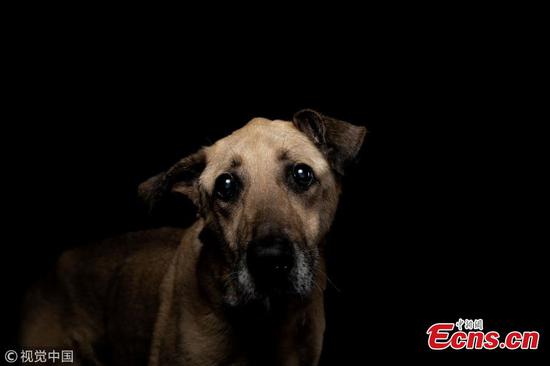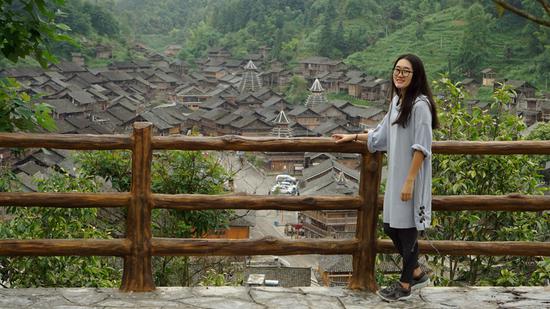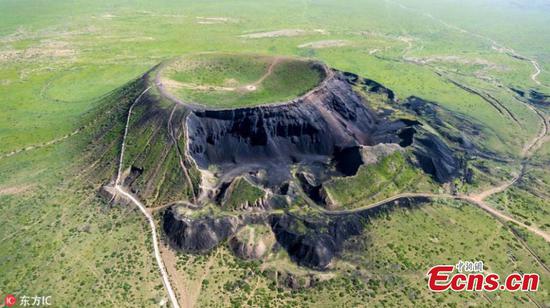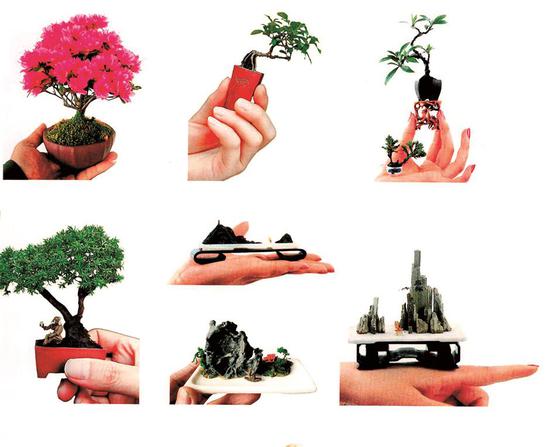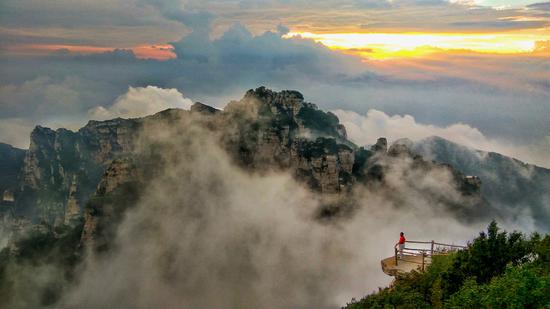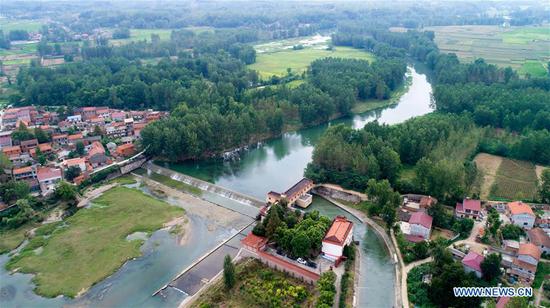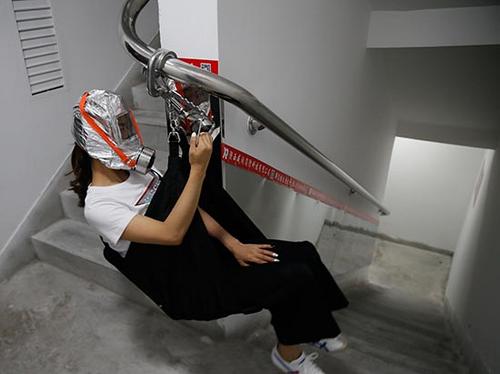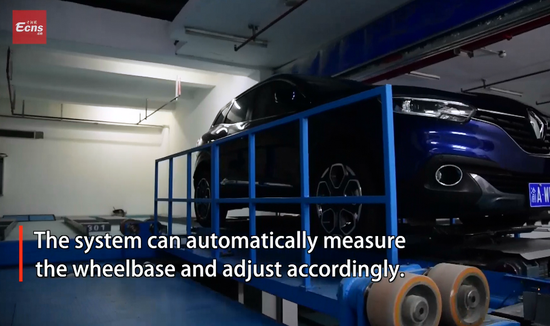An international expert group tested five types of harvested salt-resistant rice in Dubai in late May, with yields ranging from 4.8 to 7.8 tons a hectare. It marked the first successful experimental planting of rice in a tropical desert.
Sheikh Mohammed Bin Rashid Al Maktoum, vice-president and prime minister of the UAE, attached great importance to the successful trial planting. To commemorate the historic breakthrough, the harvested salt-resistant rice was named "Al Marmoom", after an area in Dubai, and will be presented to distinguished guests as a "national gift", further promoting cooperation with the Qingdao team.
The Qingdao team launched the project in Dubai in early January, and from May to July more than 80 varieties of experimental rice, including salt-resistant rice, matured in batches.
Growing rice in desert areas faces many challenges and difficulties, including extreme temperatures, highly saline water, low humidity, lack of fresh water, sandstorms, lack of proper soil and a lack of agricultural resources.
The research team introduced the "four-dimensional optimizing method" applied in planting salt-resistant rice in China to Dubai, with sensors that tell farmers when to adjust water and nutrient levels.
The two sides are taking a multistep approach to developing salt-resistant rice planting, with the goal of turning at least 10 percent of the UAE's territory into green land.
They will also build a salt-resistant rice research center for the Middle East and North Africa, with the aim of creating "artificial oases" to benefit all Arab countries by helping them eradicate poverty and hunger and make the environment more livable.









